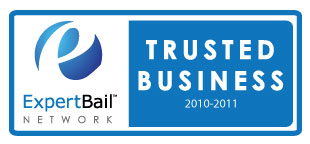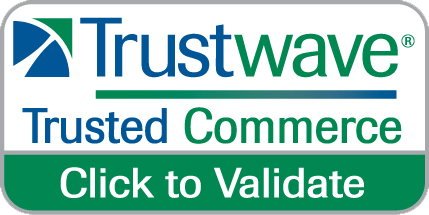Bail serves a very important function — allowing individuals to secure release from jail before trial, reflecting the American ideal that all are presumed innocent until proven guilty — and that is why it has been the most common way to secure release throughout the history of the American justice system. While bail allows an individual to go free temporarily, it creates a financial incentive for the accused to show up to court, as they will forfeit all funds if they do not appear.
Our bail system also puts the burden of ensuring compliance on third-party bail bond agents, rather than on law enforcement alone. This is because bail bond agents have a financial interest in getting their clients to court or — if the individual tries to evade justice — recovering the accused and delivering him or her to the court. Typically, bail bond agents also require the involvement of family and friends to co-sign and guarantee the appearance of the defendant in court, otherwise they could be held financially liable.
However, under the new law SB10, bail will effectively be eliminated as an option for release.
Instead, government run probation and pretrial services departments will be heavily burdened with the task of monitoring almost everyone arrested with no third-party or family involvement. Those arrested for crimes are simply released with a personal promise to appear. One could safely assume failure to appear rates will rise dramatically under this new system and the transition to a “free bail” system comes at the expense of state tax-payers which estimated to be above $2 billion per year in California.
Judges are being instructed to consider nonmonetary conditions of release first and foremost, including requirements such as electronic monitoring, imposing a curfew or requiring regular check-ins with law enforcement officials as is required for individuals on parole. Many of these nonmonetary conditions are more burdensome and (in the case of electronic monitoring) potentially more costly than bail.
The new law also emphasizes release options that will burden law enforcement and probation departments with the task of ensuring compliance. Without bail agents, family and friends will no longer hold defendants accountable so there is little incentive to comply with court orders and no third party with an interest in recovering fugitives; taxpayer-funded law enforcement resources will in effect be forced to do the work normally done by bail bond agents.
The new law also threatens to weaken our constitutional rights by making it much easier for judges to recommend that individuals be held in jail before trial, without a conviction, by emphasizing the use of an as-yet-unannounced “risk assessment tool” to make detention decisions. In effect, these “tools” allow an algorithm to decide whether an individual poses a risk to the community, substituting for the judgment of law enforcement, prosecutors and judges.
In jurisdictions that have allowed detention by algorithm, the end result is often more individuals incarcerated before their trial. It is particularly troubling that these algorithms have proven to be no more effective at predicting risk than a coin toss. https://www.insidesources.com/big-tech-condemns-algorithmic-tools-for-determining-who-gets-bail/
Thus, some individuals are allowed to go free despite posing a serious risk, while others are held in jail for months without a conviction, losing their job, their relationships and their reputation for a crime they may not have committed.
These are all serious flaws with the court’s new law. If SB10 is not repealed and is implemented, the long-term cost to our state and to our fundamental freedoms will be significant.







